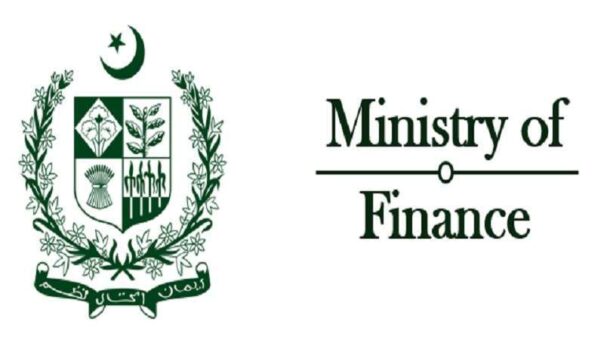Pakistan is navigating a challenging economic landscape, implementing what they describe as “tough but necessary” decisions for the country’s long-term well-being.
Finance Minister Senator Muhammad Aurangzeb recently addressed the business community, acknowledging the difficulties these measures pose but emphasizing their importance for a stronger Pakistan.
Speaking at a pre-budget conference, Aurangzeb assured that the government’s priority is not bowing to international pressure, but rather acting in the national interest. He highlighted several key areas of focus:
• Institutional Reforms and Tax Revenue: Regaining the business community’s trust in tax authorities like the FBR is crucial. The government is taking steps to streamline tax collection and dispel the fear of harassment associated with tax registration. Additionally, they aim to incentivize tax filers with various reliefs and facilities.
• Revamping the Tax System: A focus on digitization is underway to increase transparency and efficiency. Learning from the shortcomings of the failed track and trace system, authorities are working towards a more robust solution.
• Shifting from Subsidies to Exports: The government is encouraging a shift away from reliance on government subsidies and towards becoming an export-oriented economy. This will require proactive participation from the private sector, who will receive support and facilitation from the government in this transition.
• Economic Indicators on the Rise: Aurangzeb pointed to positive signs in the Pakistani economy. The current account deficit has shrunk considerably, the Pakistani Rupee is holding steady against the US Dollar, and inflation is showing signs of decline. Additionally, the stock market is experiencing record highs.
Business Concerns Addressed:
Several concerns raised by the business community were acknowledged by the minister. These included:
• High Tax-to-GDP Ratio: The need for tax reforms to improve the tax-to-GDP ratio was recognized.
• Energy Sector Reform: Eliminating electricity pilferage and ensuring a uniform tariff structure for industries across the country are pressing issues. The government is working on incorporating private sector representatives into the decision-making bodies of power distribution companies.
• Financial Support for Key Sectors: Aurangzeb emphasized the government’s commitment to facilitating access to finance for crucial sectors like agriculture, IT, and small and medium enterprises (SMEs). He urged SMEs to improve their documentation for easier loan approvals.
• Interest Rate Reduction: The minister acknowledged the disconnect between decreasing inflation and high interest rates. He expressed hope that interest rates will follow the downward trend of inflation.
• Privatization with Local and Foreign Investment: The government is pursuing a balanced approach to privatization, involving both local and foreign investors, as seen with the ongoing process for PIA.
The pre-budget conference highlighted Pakistan’s ongoing economic tightrope walk. The government is taking decisive steps to address long-standing issues, but these measures come with short-term difficulties. The success of this strategy hinges on the private sector rising to the occasion and collaborating with the government to build a more robust and export-driven Pakistani economy.
